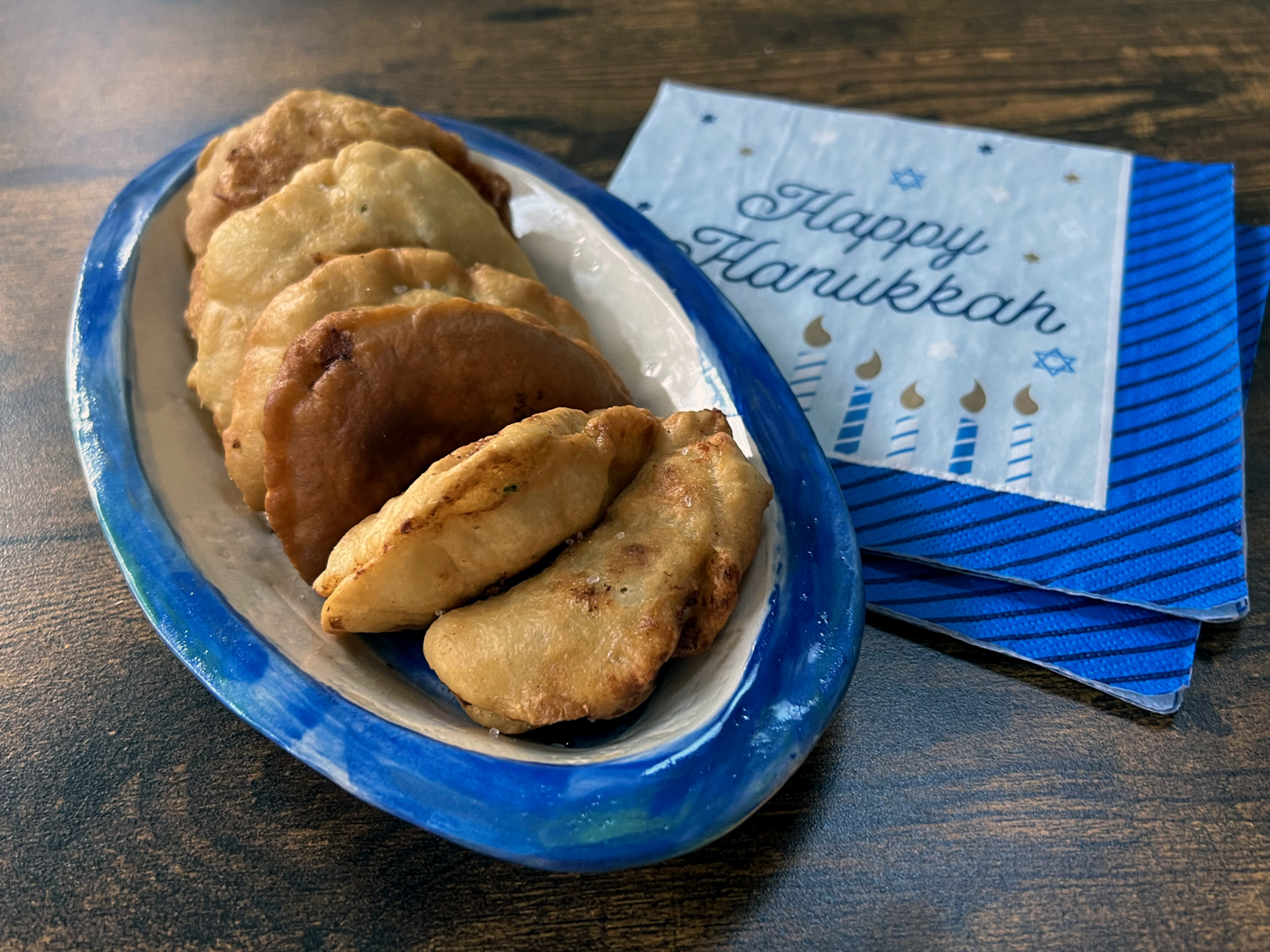This year, Hanukkah has special meaning for the Abayudaya Jews of Uganda. Hanukkah is not a major holiday like Shabbat or Passover because it is not written about in the Torah. But its story is important to us. It is a story of the few against the many. It is a story that is ancient but also new.
For many years the Abayudaya practiced Torah Judaism, following the rules set out in Torah. In 1919, Chief Semei Kakungulu read the Torah and was inspired to live according to its laws with his followers. As time passed and the Abayudaya connected with Jews around the world and adopted rabbinic as well as Torah Judaism, our traditions evolved. And we began celebrating Hanukkah as well. The community comes together in the evening after work. Unlike other holidays, there are fewer halakhic (Jewish legal) restrictions, so we play guitar and drums and play games. The community lights candles together, and we provide candles to those who want to light them at home.
The ancient story of Hanukkah has a powerful meaning to us. In many ways, our fight to build our synagogue in Mbale is similar to the story of the Maccabees. When Chief Kakungulu died, he left the Abayudaya community his land on top of a mountain to build the Moses synagogue. This particular plot was a very good piece of land because it was higher than the properties around it. As in ancient Israel under Greek rule, the dictatorship of Idi Amin outlawed Judaism and our synagogue was destroyed. Those who tried to fix it were arrested and tortured. Once Idi Amin’s reign ended, we wanted to reclaim the land and rebuild our synagogue just like the Maccabees rededicating the Temple in Jerusalem. But there were those who did not want us to have the land because they wanted it for themselves. We built by hand, brick by brick, and they would take away our bricks and destroy our work. Like the Maccabees, we were small in number there were only 20 of us. And like our ancient fighters, we were determined. We kept building and rebuilding, our motto was, “We shall never give up.” Eventually we were able to get proper title to the land and build our synagogue.
As our community has increased, we have outgrown our beloved Moses synagogue. We have taken apart our bricks piece by piece and found a temporary home for our Torah while we rebuild. Hanukkah means to rededicate and today we are looking forward to a rededication as we build a new synagogue on the same piece of land.
This synagogue will be a holy place where the Abayudaya can gather for prayer. There will be a kitchen and a place to store food in the dry season. There will also be a daycare center so that women in our community can work and the children can learn. It will be a community center for everyone, a gathering place for Christians and Muslims too because we foster good relations and live in peace with our neighbors.
We will rededicate the land and open the synagogue next fall in time for Rosh Hashanah and by the time Hanukkah comes next year, we will celebrate in our own holy sacred place.
To learn more about the Abayudaya and their new synagogue and community center click here.







